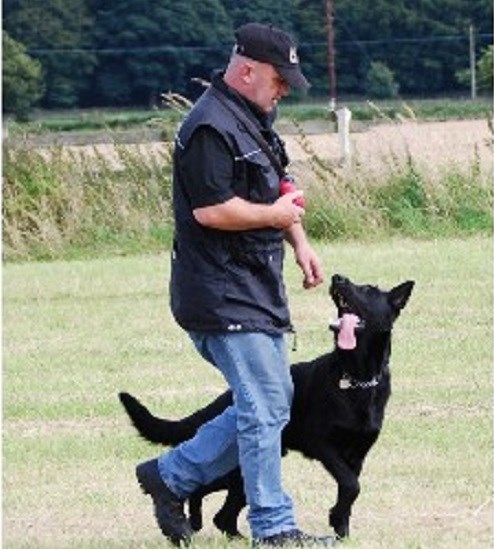

Konrad Most began training dogs for police work in Germany, and was appointed principal of the State Breeding and Training Establishment for police dogs in Berlin, where he carried out original research into training dogs for a broad range of service tasks. Be to his faults a little blind." Stephen Hammond, a writer for Forest and Stream magazine, advocated in his 1882 book Practical Training that hunting dogs be praised and rewarded with meat for doing the correct behavior. Primarily concerned with training hunting dogs such as pointers and setters, the book advocates a form of reward-based training, commenting on men who have "a strong arm and a hard heart to punish, but no temper and no head to instruct" and suggesting "Be to his virtues ever kind. Hutchinson published his book Dog Breaking: The Most Expeditious, Certain and Easy Method, Whether Great Excellence or Only Mediocrity Be Required, With Odds and Ends for Those Who Love the Dog and the Gun. His writings indicate that not only was dog training for specific tasks well established, but that the value of early training was recognized. a Roman farmer, Marcus Varro, recorded advice on raising and training puppies for herding livestock.

There are a variety of established methods of animal training, each with its adherents and critics. This can be through classical conditioning, where it forms an association between two stimuli non-associative learning, where its behavior is modified through habituation or sensitisation and operant conditioning, where it forms an association between an antecedent and its consequence. While training dogs for specific roles dates back to Roman times at least, the training of dogs to be compatible household pets developed with suburbanization in the 1950s.Ī dog learns from interactions it has with its environment.

Dog training is the application of behavior analysis which uses the environmental events of antecedents (trigger for a behavior) and consequences to modify the dog behavior, either for it to assist in specific activities or undertake particular tasks, or for it to participate effectively in contemporary domestic life.


 0 kommentar(er)
0 kommentar(er)
